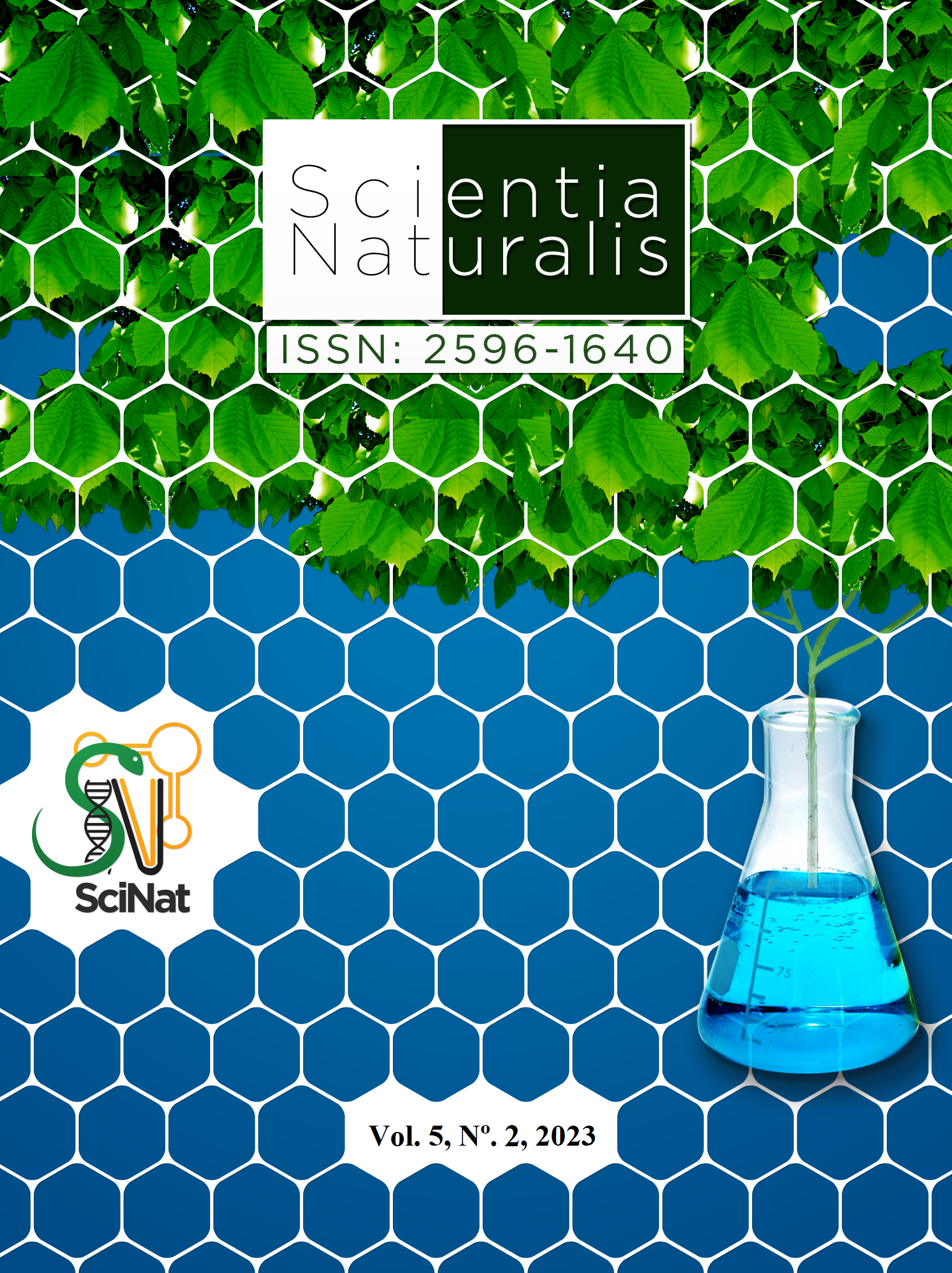What do we know about the nutritional characterization of unconventional food plants? A systematic review
DOI:
https://doi.org/10.29327/269504.5.2-28Abstract
Unconventional food plants (PANC's) is the expression that refers to plants that have one or more edible parts, of spontaneous growth, without the use of chemical additives, native to a region or exotic, which are not part of the daily diet. Data on these plant species are still scarce in the literature, in view of this the objective of this systematic review was to identify the scientific works published on the characterization of PANCs, to verify which plants have already been studied and what information is described. The systematic review carried out used data available in CAPES journals (Scopus, Web of Science, PubMed, Scielo and Embase), published in the last ten years, using the terms “non-conventional food plants” and “unconventional food plants” as key words, 14 works were included at the end. The results show that the PANC's already studied are good sources of proteins, fibers, minerals, vitamin C, carotenoids and tocopherols, however, there is little data on cytotoxicity, antimicrobial potential, presence of antinutritional compounds and profile of phenolic compounds of these plant species.




